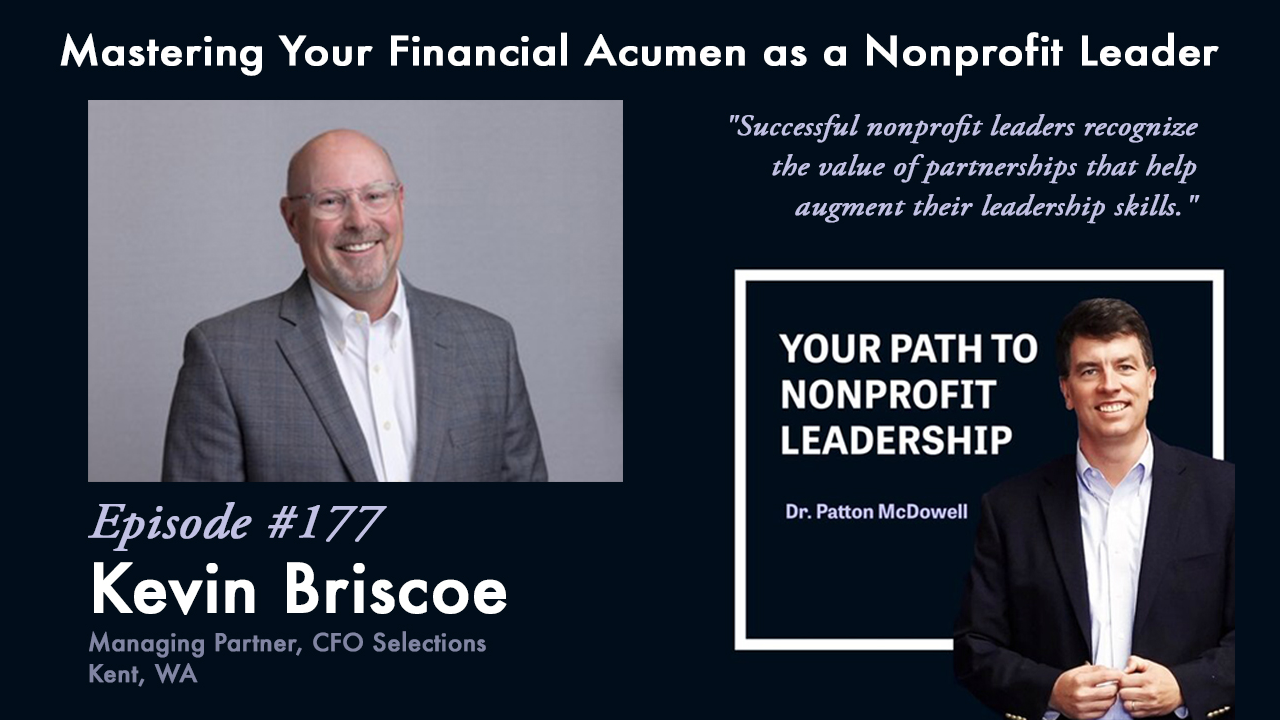Nonprofit organizations are champions of challenge. They are inherently designed to recognize, address, and overcome challenges of all kinds. And while there has been a tremendous amount of buzz over the last two years about the kinds of social and political challenges that nonprofits across the country have been taking aim at, very few people have talked about the kinds of fundamental organizational challenges that are keeping nonprofit leaders up at night. These kinds of challenges are not newsworthy or exciting, because despite everything else that has changed in this post-pandemic society we are living in, these challenges have remained the same.
Yes, today’s top nonprofit leadership challenges are yesterday’s challenges continued. Every organization regardless of size, location, or focus area has the same core hurdles that their leadership team needs to address. And how leadership handles these challenges can make the difference between whether an organization thrives or closes its doors.










